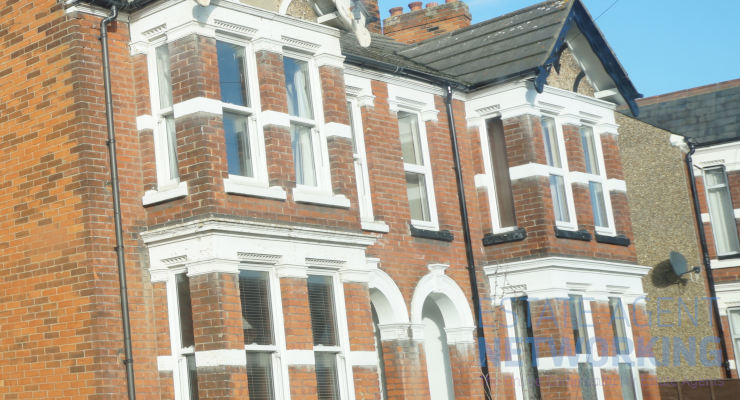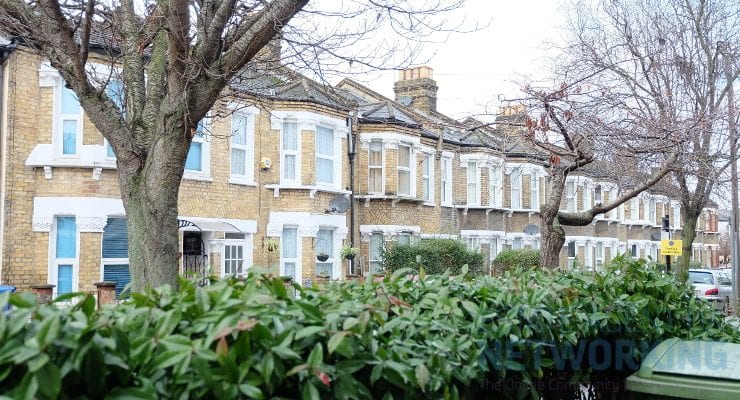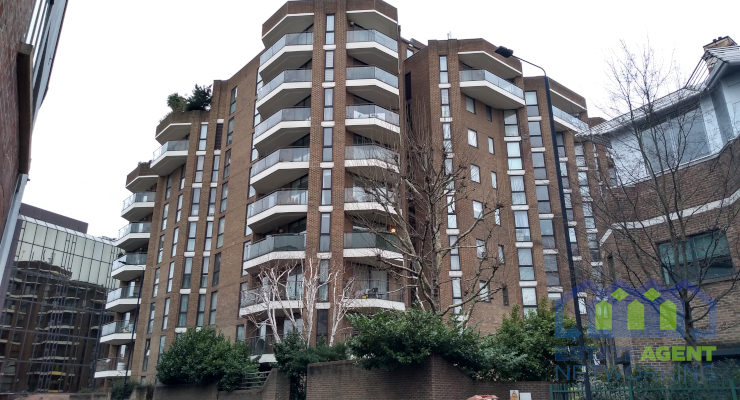Letting Agents or Private Landlords? Which option is best when looking to rent a property?
There is a record high number of private landlords and more than 12,000 letting agencies in England. Indeed, some reports say that by 2021, a quarter of households will be renting. So, to go with a private landlord or a letting agency is a very important decision. What should you consider?
Examination shows that there are two kinds of landlords: professional and accidental. Professional landlords look after a significant number of properties as a full-time job. While accidental landlords are a little different. There are those who have purchased a second property or have inherited one. Accidental landlords can also be acting on someone else’s behalf. The could be looking after a property in the name of another person.
How do landlords generally (all kinds of ) advertise?
Public landlord properties advertise in websites such as Gumtree or on social media. Their adverts are also placed in more old fashioned methods. Local newspapers and magazines are common, as are shop windows and notice boards. Word of mouth can also play a vital role in circulating the knowledge that a property is available for rent.
Letting agencies are a little different. Most are part of a nationwide business staffed by professionals. They market their properties differently and place ads on well-known websites like Rightmove or Zoopla.
What are the differences and which is better?
As more official businesses, letting agencies have more money to work with. They use workmen to carry out repairs on properties when needed. And ensure all the necessary safety checks on gas, electricity, and central heating.
Letting agencies create inventories and replace anything that is faulty or unsafe. They arrange rental collection and carry out their own personal checks on tenants. This ensures that renters are able to pay and safeguards their business. Be aware that these services lead to higher rental costs.
Why then could it be better to go with a private landlord?
You get more of a one-to-one contact with a private landlord. This can lead to a closer relationship and an understanding of your situation. This can work in the renters’ favour. The landlord may tolerate the occasional late payment of rent or allow pets. The low cost of advertising means they may offer cheaper rent.
But there are, of course, downsides. Private landlords may not be aware of their legal responsibilities. They must perform safety checks on appliances and decorate the property. Another major downside is the lack of a fixed organisation. There may not be an office to phone or visit. Private landlords may live or work outside of the local area or even the country. They may be unwell or unsuitable for the job. It’s a gamble and success will depend upon the landlord.









